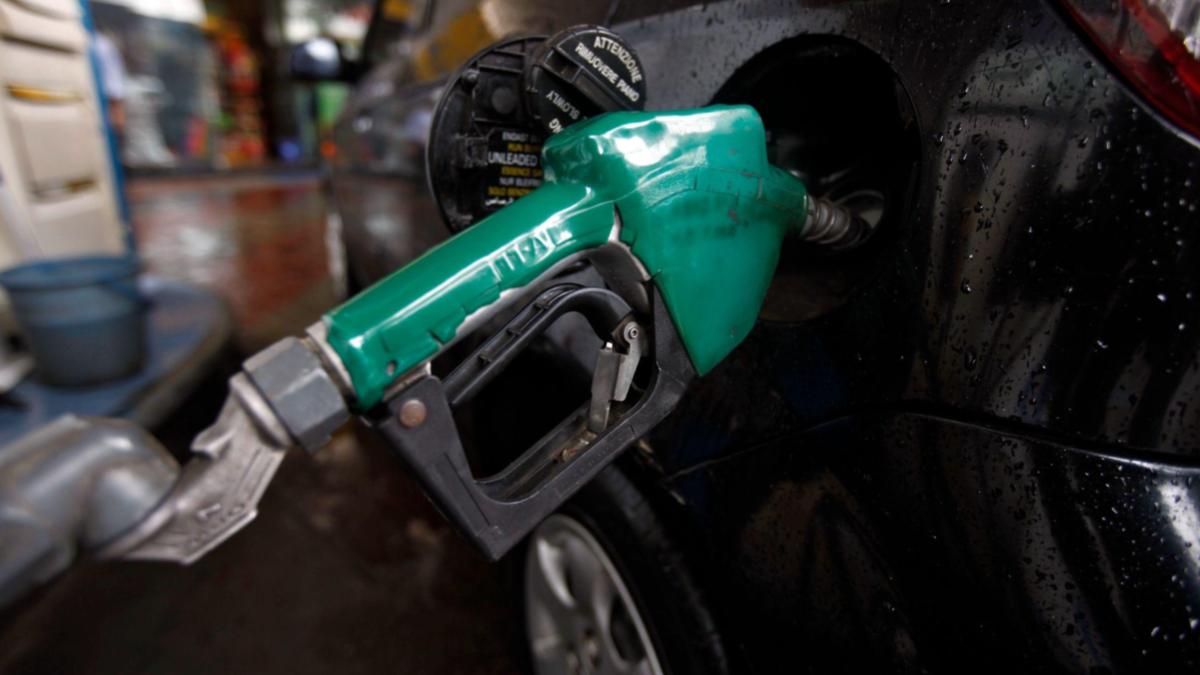On Monday, the Indian government revealed a new increase in the excise duty on both petrol and diesel, raising the tax by ₹2 per litre for each fuel type. This adjustment is set to take effect starting Tuesday, with the excise duty on petrol now pegged at ₹13 per litre and diesel at ₹10 per litre.
Impact on Consumers and Oil Prices
The Ministry of Petroleum and Natural Gas has assured the public that this duty hike will not translate into higher retail prices for petrol and diesel. According to their statement, any potential increase will be offset by a reduction in retail prices, driven by a decline in international crude oil rates. The ministry noted, “Public Sector Undertaking (PSU) Oil Marketing Companies have confirmed that retail prices will remain unchanged despite the excise duty adjustment.”
Government’s Position and Market Trends
Union Minister for Petroleum and Natural Gas, Hardeep Singh Puri, emphasized that consumers should not expect to bear the brunt of this increase. He explained, “The international crude oil price has decreased to around $60 per barrel. However, our oil marketing companies manage inventories over a 45-day period. Earlier this year, prices were as high as $83 per barrel, before falling to $75. This means that the average cost of crude they are handling is still significant. Therefore, it’s reasonable to anticipate that the oil marketing companies will adjust retail prices in line with global market trends.”
Political Reactions: Congress Criticizes the Move
The announcement of the excise duty hike has drawn sharp criticism from the Congress party. They accused the government of compounding the financial struggles of citizens already affected by stock market losses. In a recent post on X, Congress President Mallikarjun Kharge expressed his discontent, stating, “Despite a 41% drop in international crude oil prices since May 2014, your government has chosen to increase the Central Excise Duty by ₹2 per litre instead of lowering fuel prices.”
Kharge further criticized the government, saying, “It seems that the losses of ₹19 lakh crores in the stock market haven’t been enough for you. Instead of addressing these issues, your administration is adding insult to injury!”
Conclusion
In summary, while the increase in excise duty on petrol and diesel may seem concerning at first glance, the government assures that it will not impact the retail prices consumers pay at the pump. However, the political fallout from this move highlights the ongoing tension between the government and opposition parties, particularly concerning economic management in challenging times.
For ongoing updates on fuel prices and government policies, stay tuned to reliable news sources.











